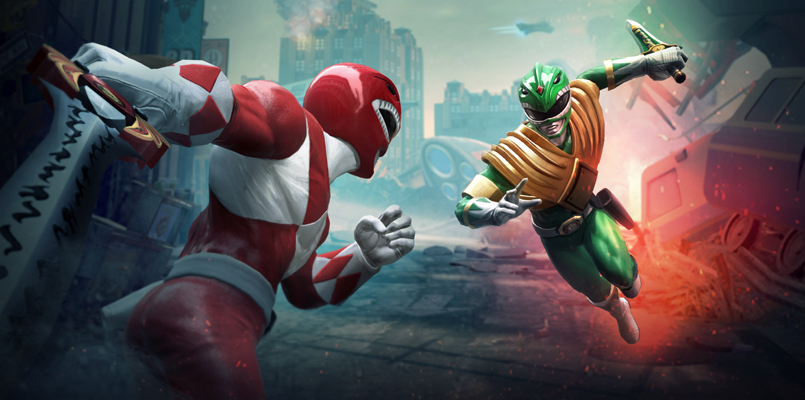Mentioned in this article
UPDATE: A representative for the league told The Esports Observer that the total prize pool will be $15K USD, and the finals will operate as a side event at Evo, not one of the featured titles.
POWER RANGERS: Battle for the Grid, a fighting game developed by nWay featuring characters from the popular and long-running live-action children’s television series, will receive its first officially supported professional tournament circuit. The POWER RANGERS: Battle for the Grid League will be operated by nWay in partnership with toy manufacturer and Power Rangers rights holder Hasbro and entertainment company Lionsgate. Details regarding prize pool and brand partnerships were not disclosed.
Like most fighting game circuits, the league will run in conjunction with various established fighting game tournaments throughout the U.S. Notably, however, rather than hosting a separate championship event, the league will hold its season finals at this year’s Evolution Championship Series (Evo) – the largest annual fighting game tournament. In addition to the live tournaments, players will earn league points through in-game events and online tournaments.
Fighting game major stops for the league include:
- Frosty Faustings (Jan. 17-18, Chicago)
- Final Round (March 20-22, Atlanta)
- NorCal Regionals (April 10-12, San Jose)
- April Annihilation (April 10-12, New Jersey)
- ComboBreaker (May 23-25, Chicago)
- CEO Gaming (June 26-28, Orlando)
- Evo 2020 (July 31 – Aug. 1, Las Vegas)
This will be the second esport supported by Hasbro in as many years. The company, along with its subsidiary Wizards of the Coast last year committed $10M to an overhauled esports ecosystem for Magic: The Gathering.
Hasbro’s support is important to the long-term viability of this new league, as fighting games have occasionally run into challenges with rights holders stunting the growth of an esport. The most prominent example is perhaps Nintendo’s refusal to allow Super Smash Bros. Melee to be broadcast at Evo 2013, a decision which was quickly overturned due to immense backlash but contributed to the narrative that Nintendo’s active distaste for competition in its games held Melee back from becoming a bigger esport.
More recently, Dragon Ball FighterZ broke sales records in 2018 and posted strong entrant and viewership numbers at that year’s Evo. The game was on its way to challenging Street Fighter as the dominant fighting game when it was suddenly announced that it would not be a featured game at Evo Japan, reportedly due to rights holder issues. This led to months of doomsaying and lower entrant numbers for the game, which would go on to lose its Sunday finals slot at Evo 2019 (games broadcast on Sunday evening at Evo garner significantly stronger viewership than those that finish on Saturday).
While Battle for the Grid does not have the impressive sales figures of FighterZ, having the clear support of the rights holder from the outset can offer the game’s circuit meaningful credibility and an opportunity to grow over time as players may feel they can more safely invest their time and energy into competing.

